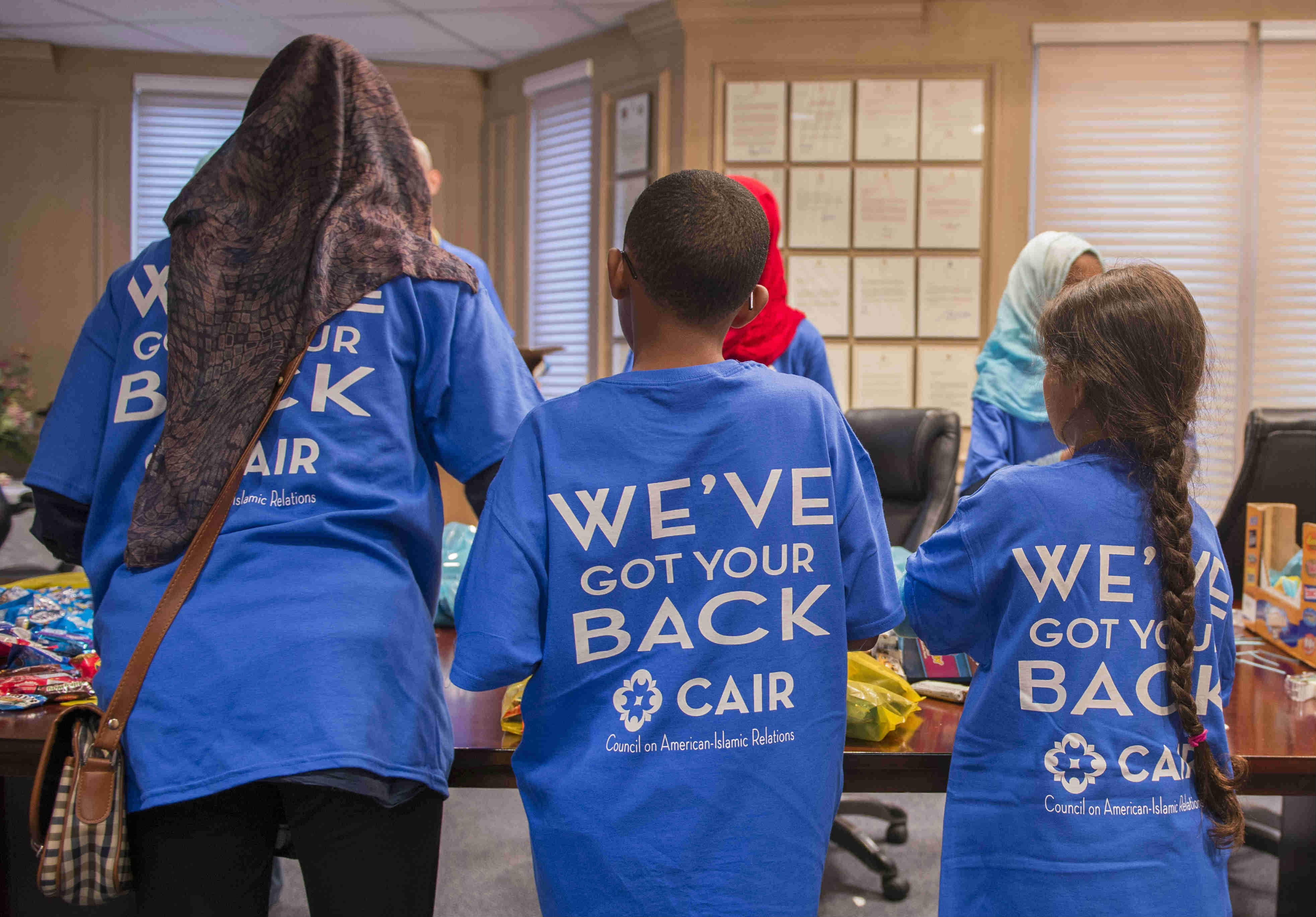In the current political environment, anti-Muslim bigotry and Islamophobia have become pervasive features of American public life. Whether in formal politics or national media, it is common to see and hear negative stereotypes and fear-mongering messaging about Muslims and their place in society. Fortunately, there are a number of efforts underway across the country to limit the impact and influence of those promoting these ideas. However, what the national conversation on Islamophobia often overlooks is the impact these ideas have on children in public school settings.
Given that public schools reflect social relations more broadly, it is safe to assume that Muslim children across the country are shouldering the burden of Islamophobia. Indeed, preliminary research has shown that Muslims face bullying at twice the rate of the national average and that school administrators and teachers are under-equipped to address the challenge. A significant amount of Muslim children report not feeling safe to approach their teachers or school administrators about the issue.
In order to address the complex problem of Islamophobia in public schools, CAIR’s Department of Research and Advocacy is developing a pilot program on school engagement on issues related to the following three areas:
- Bullying and peer-to-peer aggression as it relates to Muslim students.
- Teacher and administrator training on diversity and inclusion vis-a-vis the problem of anti-Muslim bias, bigotry, and Islamophobia.
- Curriculum quality control verification and enhancement on issues related to Islam and Muslims in the areas of social studies and current affairs
CAIR has chosen these three vectors after a preliminary consultation with experts and stakeholders who consistently confirm the interdependent and overlapping nature of these subjects. That is, for example, the fact that anti-Muslim bullying may often go unnoticed or unresolved due to a lack of teacher or administrator awareness on what constitutes Islamophobic behavior or activity. Furthemore, inaccurate or low-quality curriculum materials may exacerbate anti-Muslim and Islamophobic ideas. In order to ensure that public school environments and stakeholders approach the issue of direct or latent anti-Muslim bias in a holistic fashion, CAIR’s pilot study engages all three areas simultaneously.
Resources
White Paper, “Bias and Bullying in Public Schools: Mitigating the Impact on Muslim and Perceived-as-Muslim Students”
CAIR, in partnership with America Indivisible and the Religious Freedom Center, held a closed-door symposium with leading national experts and practitioners dealing with the problem of anti-Muslim bullying and bias in public schools. Participants identified shortcomings in the current state of practice and research and agreed upon best practices that can help communities, families, and teachers overcome the challenge of Islamophobia in public schools. Participants called for greater integration of Islamophobia awareness in schools, review and enhancement of curriculum, teacher and staff training, and more resources for research. The white paper, “Bias and Bullying in Public Schools,” which summarizes the conclusions of the symposium, provides stakeholders with much needed information, tools, and resources for those invested in making schools a safe and hate-free environment for children of all backgrounds.
Anti-Bullying Guide
This anti-bullying guide for parents and community members, “Bias and Bullying: Empowering Muslim Children in the Age of Islamophobia” provides key recommendations for families and communities who seek to stop the spread of bigotry, hate, and Islamophobia in schools.
Bias_and_Bullying_White_PaperOctober_Anti-Bullying_Guide_Draft_4
“Know Your Rights”
Knowing your rights as a student in especially important to protect yourself and others from religion-based bullying. The material is available in various languages in the links below.
Urdu_Student_KYRSomali_Student_KYR
Farsi_Student_KYR
English_Student_KYR
Bosnian_Student_KYR
Bengali_Student_KYR
Arabic_Student_KYR
